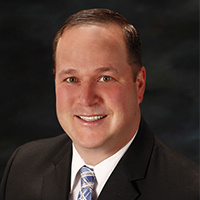Dayton DUI-DWI Lawyer, Nevada
David C. O'Mara
✓ VERIFIEDEstate, Divorce & Family Law, DUI-DWI, Accident & Injury
David C. O’Mara’s practice is concentrated in appellate advocacy, bankruptcy, family law, personal injury, civil litigation, and securities and sh... (more)
Jenny Hubach
✓ VERIFIEDCriminal, DUI-DWI
Criminal defense law firm located in Reno, NV
In Jenny Hubach’s 26 years of legal experience, she has represented thousands of criminal defendants in cases from Capital Murder through trucker tr... (more)
Sean A. Neahusan
✓ VERIFIEDCriminal, Car Accident, DUI-DWI
I work as a general practice attorney, although my biggest strength is in criminal defense (especially DUI defense). I’m based in Reno, NV and serv... (more)
Brent H. Harsh
Mass Torts, DUI-DWI, Personal Injury, Accident & Injury
Status: In Good Standing Licensed: 21 Years
David R. Houston
Government, DUI-DWI, Criminal, Personal Injury, Accident & Injury
Status: In Good Standing
Derrick Marcelo Lopez
Family Law, Child Custody, DUI-DWI, Criminal
Status: In Good Standing Licensed: 34 Years
Frank W. Thompson
Dispute Resolution, Family Medical Leave Act (FMLA), DUI-DWI, Civil & Human Rights, Banking & Finance
Status: In Good Standing




